In the introduction to his address at the Tusvanyos Festival in Baile Tusnad, Romania, Viktor Orban presented the Romanian Foreign Ministry's demarche prepared for him in an attempt to dictate what he could speak about and how in this year's annual speech. The relevant footage has since been circulated on social media from Facebook to TikTok, garnering a flood of likes.
The Hungarian prime minister reacted with self-confident authority and subtle irony to the impertinence of the Romanians, who not only sought to restrict his right to speak on issues of what they consider their own business (national symbols, collective rights, the naming of territories acquired in the Treaty of Trianon) by invoking "Romanian sensitivities", but also, oddly enough, demanded that he "not present Western values in a bad light". PM Orban handled this in a most elegant manner. I quote:
Today 'Western values' mean three things: migration, LGBTQ, and war. My Dear Romanian Friends, these do not need to be presented in a bad light, as they already present themselves in a bad light.
It is typical of Romania's particular brand of opportunism, which could also be called pragmatism, that it does not side with Hungary on these issues. If there is a common interest between the two countries, it is certainly on these issues.
Romania also has an interest in peace as soon as possible, just look at the map. The Romanian leadership also feels the danger. Although their Ministry of Defense has denied that the updating of their reservists database is related to the Russian-Ukrainian war, the causal connection is quite obvious.
It cannot be mere coincidence that in June of this year, the reservist soldiers of Harghita and Covasna counties were called up for a mobilization exercise (God forbid, but this also is an indication of who would be flung into the front lines if the country were to go to war. We got a taste of this during the Yugoslav wars, when on more than one occasion ethnic Hungarians were firing at each other on the Serb-Croat front.)
The situation is similar regarding the matter of migration, but Romania, which has joined the Atlanticist mainstream, does not go against the global superpower on this issue either. For the time being, the threat level is low, although increasing numbers of migrants can be seen in the cities of the Banat and Crisana regions.
Finally, the bulldozer of the LGBTQ lobby threatens Romania as much as it does Hungary. Pride is just the tip of the iceberg, as everyone can see. But even these icebergs are growing and multiplying. In Bucharest, Pride actions have been organised since 2004, in Cluj Napoca since 2017, in Timisoara since 2019, and supposedly the event in Sibiu, which has no Wikipedia page, is now three years old. The support for these initiatives is growing, from hundreds to tens of thousands, with more than 25,000 people reportedly taking part in Bucharest's Pride parade this year.
Like Hungary, Romania, too, is unable to defend itself against the less spectacular, but more methodical, manipulative and effective activities of this lobby. The Pride parades of the deviants typically provoke from the majority representing normality different forms of aversion, from contempt to disgust to pity.
However, the tsunami of sensitization that is coming to Central and Eastern Europe through social media, Netflix, and the thousands of products of the entire Hollywood film industry, is having an impact. In particular, screenwriters and directors are appealing to people's noble sentiments, such as compassion, humanity and solidarity.

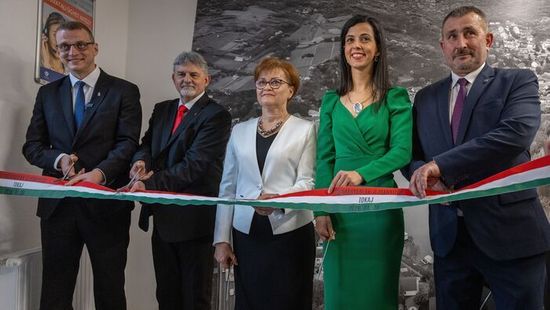
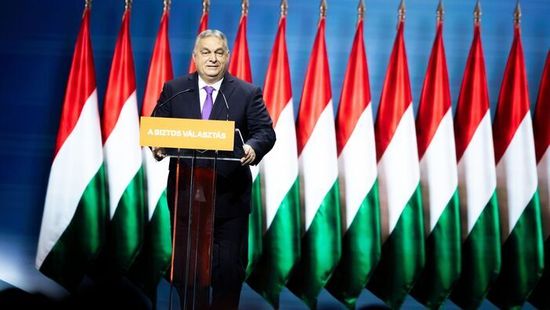

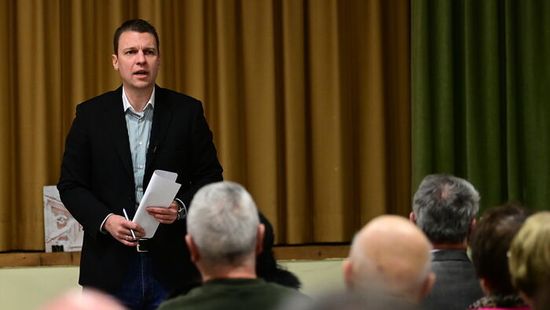

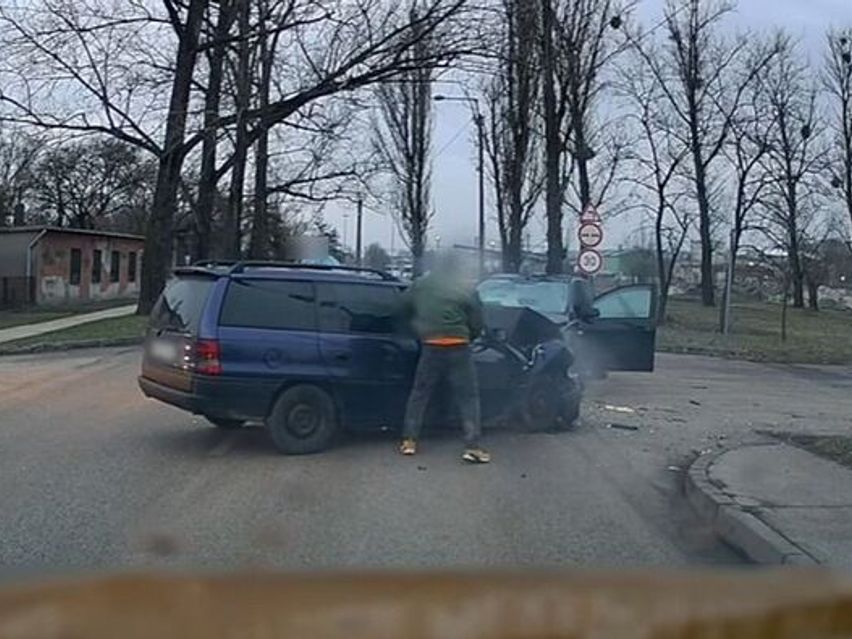
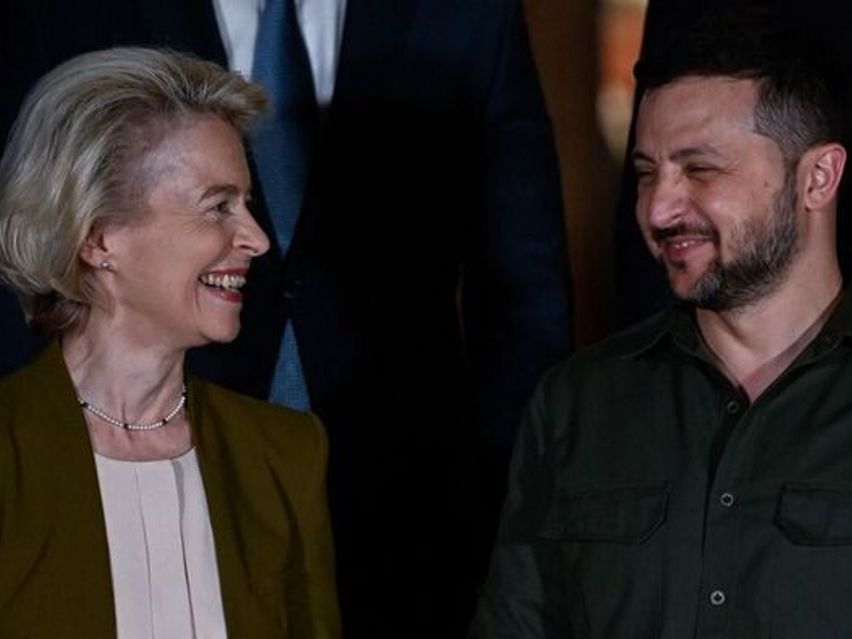



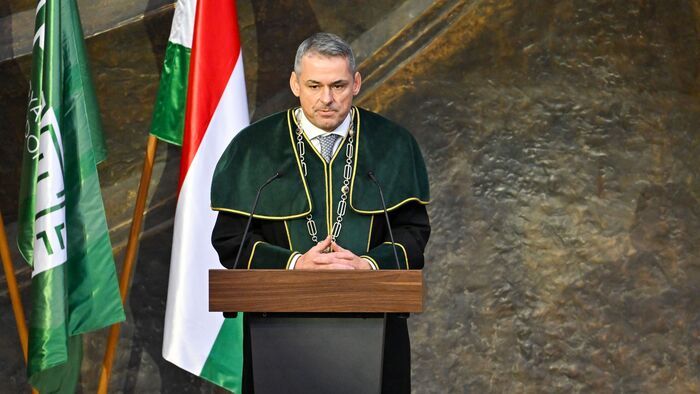
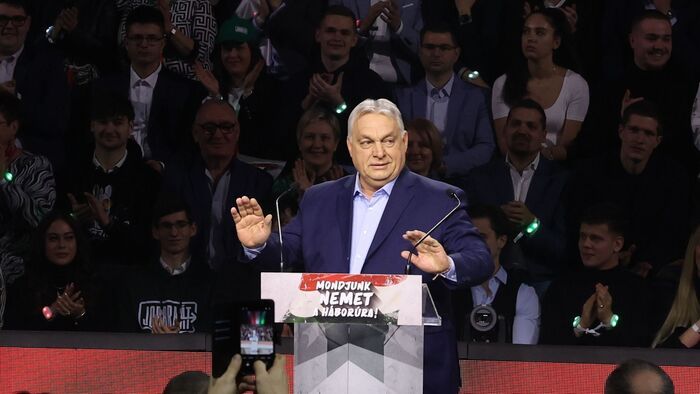
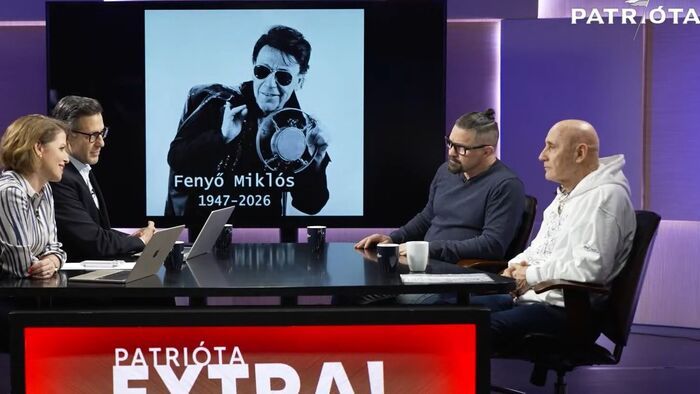
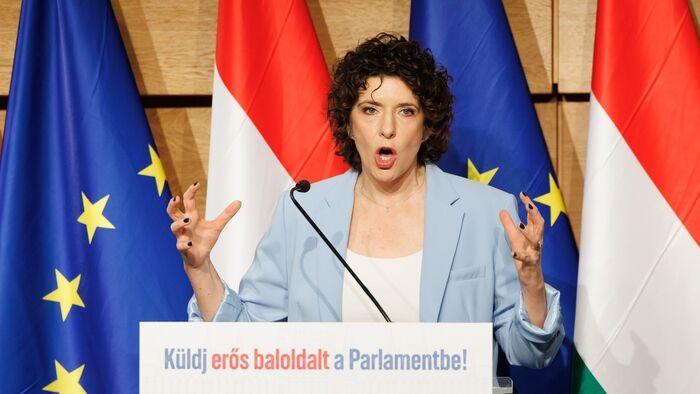
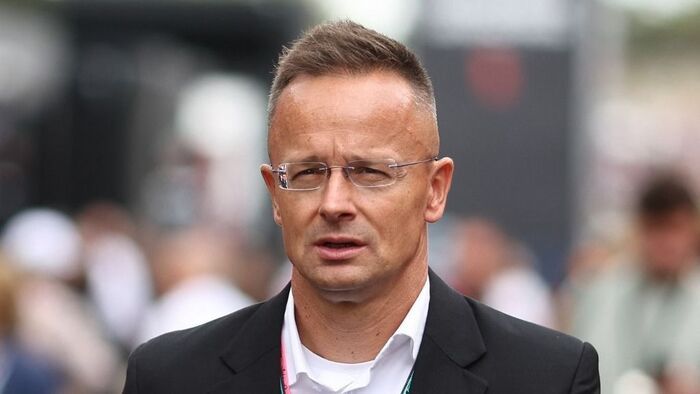
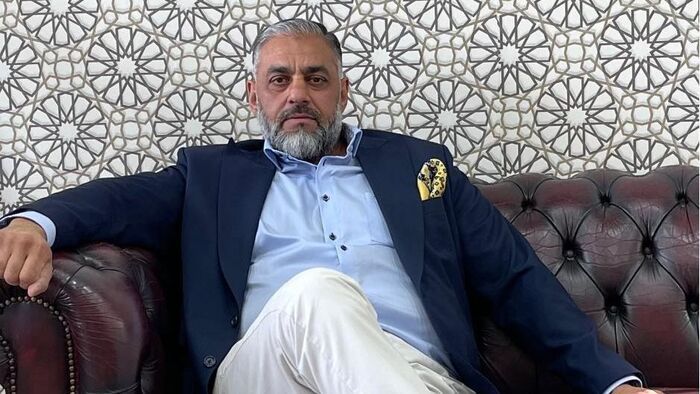
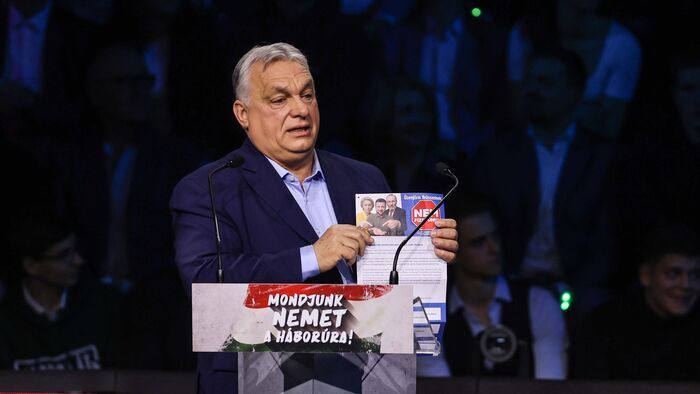

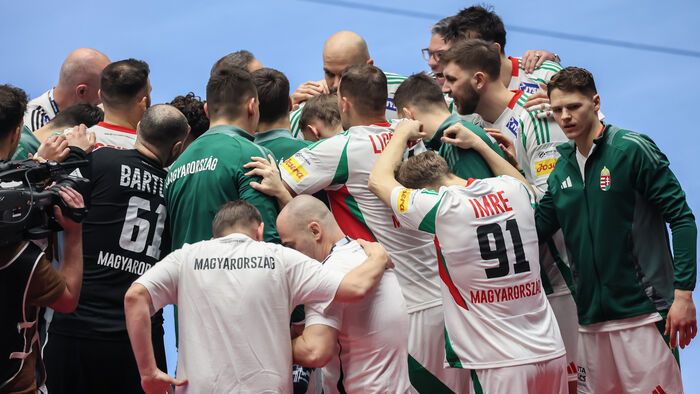
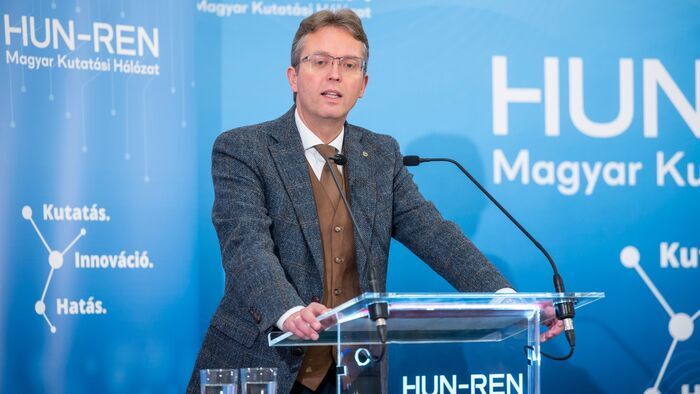
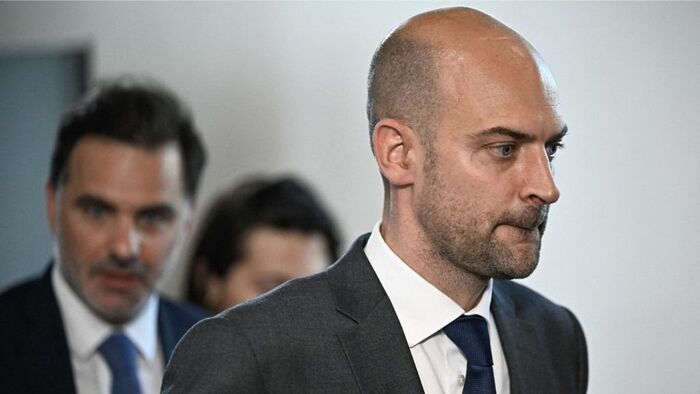

Szóljon hozzá!
Jelenleg csak a hozzászólások egy kis részét látja. Hozzászóláshoz és a további kommentek megtekintéséhez lépjen be, vagy regisztráljon!